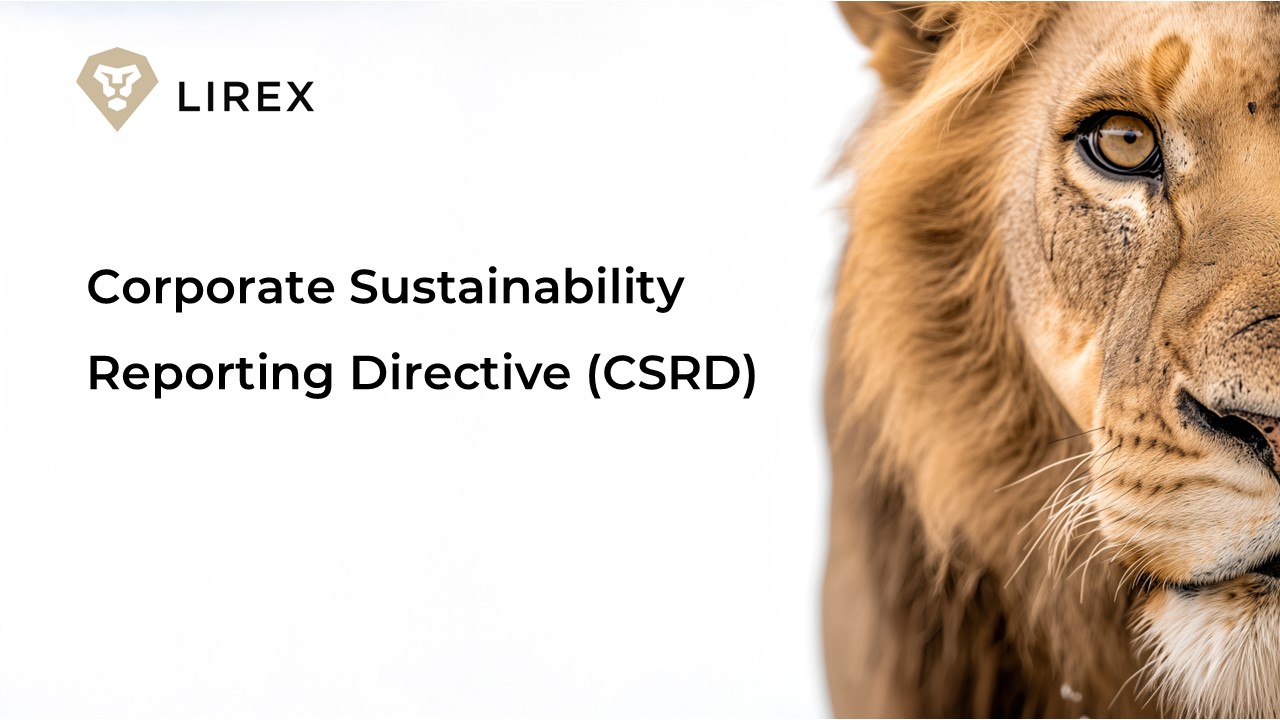
Liechtenstein implemented Directive (EU) 2022/2464 on corporate sustainability reporting (CSRD) on July 1, 2024 (LGBl. 2024 No. 170 to 172). The CSRD requires certain companies to report on sustainability. This reporting should show how the specific business model affects the sustainability of the company and how external sustainability factors (such as climate change or human rights issues) influence its activities. The preparation of a sustainability report involves considerable effort for the companies concerned.
The so-called “Stop the Clock” Directive (EU) 2025/794 postpones the initial application dates for sustainability reporting under the CSRD by two years for a large proportion of the companies affected. This gives these companies more time to prepare for the new requirements. The directive is part of the so-called Omnibus I package, with which European legislators aim, among other things, to significantly reduce and simplify reporting requirements. The relief for affected companies resulting from the Omnibus I package is to be transposed into national law in full and as quickly as possible.
The package is intended to make the following changes to the CSRD, among others:
- The CSRD reporting requirements are to apply only to large companies with more than 1,000 employees (i.e., companies with more than 1,000 employees and either a turnover of more than EUR 50 million or a balance sheet total of more than EUR 25 million) (including voluntary reporting).
- the application of all reporting requirements provided for in the CSRD for companies that are required to report in 2026 and 2027 (so-called “wave 2 and wave 3 companies”) will be postponed to 2028;
- the European Sustainability Reporting Standards (ESRS) are to be simplified;
- The implementation deadline is to be extended by one year (until July 26, 2027) and the first phase of the application of due diligence obligations for the largest companies is to be postponed by one year (to July 26, 2028).
- Introduction of materiality thresholds: Companies will only have to assess those activities that are financially material to their business model (generally above 10% of the relevant key figures).
It is currently assumed that the Liechtenstein Parliament will deal with the omnibus initiative “stop the clock” in accordance with Directive (EU) 2025/794 in September and that reporting in accordance with CSRD will be postponed to 2027 as a first step.